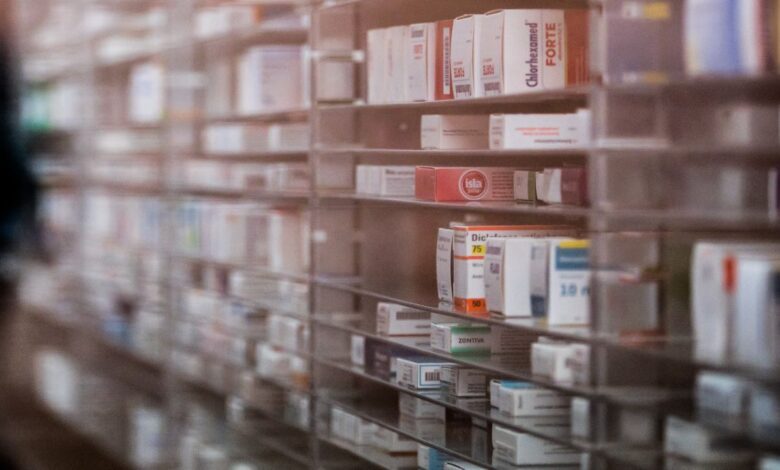
Patients’ access to critical medications may be threatened in the event of prolonged strikes at ports along the East and Gulf coasts, medical professionals are warning.
The reality of the situation, according to New York City-based emergency room physician Dr. Robert Glatter, “is that a looming strike could impact imports of medical supplies and critical life-saving medicines from other countries that U.S. hospitals and ambulatory surgical centers depend upon to take care of their patients.”
It could also restrict the amount of life-saving medications and surgical supplies the U.S. exports to other countries, Glatter said.
PORT STRIKES COULD HAVE ‘DEVASTATING’ IMPACT TO ECONOMY, RETAIL TRADE GROUP SAYS
The International Longshoremen’s Association (ILA), which is negotiating on behalf of 45,000 dockworkers at three dozen U.S. ports, and the U.S. Maritime Alliance (USMX), which represents port employers, remain at an impasse over wages in a new contract.
The ILA warned that its members are prepared to stop working if they don’t have a new contract by the Oct. 1 deadline, putting various sectors in a dire situation as the affected ports from Maine to Texas collectively handle about half of the country’s seaborne imports.
In the pharmaceutical industry, more than 91% of containerized imports and 69% of containerized exports of U.S. pharmaceutical products are handled by the affected ports, according to Everstream Analytics.
More than one in three containers exported from the U.S. with life-saving medications leave from the Port of Norfolk in Virginia, while nearly 30% of containerized pharmaceutical imports enter the U.S. at the Port of Charleston in South Carolina, the firm noted.
Dr. Pat Basu, managing partner at Varsity Healthcare Partners, told FOX Business that a strike could have a “dangerous” impact on access to medications because the “vast majority of pharmaceuticals” are being handled by ports.
The strike is coming at a time when many health care providers have moved to a “just in time” supply model to save money, according to Basu. This means they carry less medication on hand.
“While manufacturers and wholesale distributors may carry a month or more of certain drugs, as you get closer to the point of patient contact, namely providers and retail pharmacies, they carry a much more limited supply, potentially five to seven days in many cases,” Basu said.
To make matters worse, certain drugs or geographic regions already have limited access, and some medications that have an intrinsically shorter shelf life could be disproportionately affected. Certain larger organizations may hold more inventory, which can limit access to others, Basu said.
Patients who may be worried about their pharmacies running out of medication can start monitoring their supplies and order a 90-day supply, if possible, to mitigate any potential impacts, Thomas said.
POTENTIAL PORT STRIKES SEND RIPPLE EFFECTS THROUGH SUPPLY CHAIN, THREATEN INFLATION
Another possibility is that a patient may be able to talk to their doctor about starting an alternative medication. However, that might not always be an option.
Dr. Tiffany Moon, associate professor of anesthesiology at the University of Texas Southwestern Medical Center in Dallas, warned that “there are a number of lifesaving medications that are needed by patients without interruption or cessation.”
Chief among them would be things like “chemotherapy, where people are on a regimen of different drugs, a chemotherapeutic cocktail, for different kinds of cancers,” Moon said. “If they fall off of their regime it can throw off that whole cycle of chemo.”
It could be “devastating” if someone is forced to stop taking their oral oncology medications, for instance, because the “cancer can flare back up . . . and you could go out of remission,” Thomas added.
GET FOX BUSINESS ON THE GO BY CLICKING HERE
Moon said that patients with type 1 diabetes who are unable to acquire insulin, for instance, “could go into a condition called diabetic ketoacidosis, which is potentially life-threatening.”
Moon also noted how critical anti-rejection drugs are. Patients “need these anti-rejection drugs so that their body doesn’t reject the organ that they’re receiving,” she said.
FOX Business’ Eric Revell contributed to this report.




